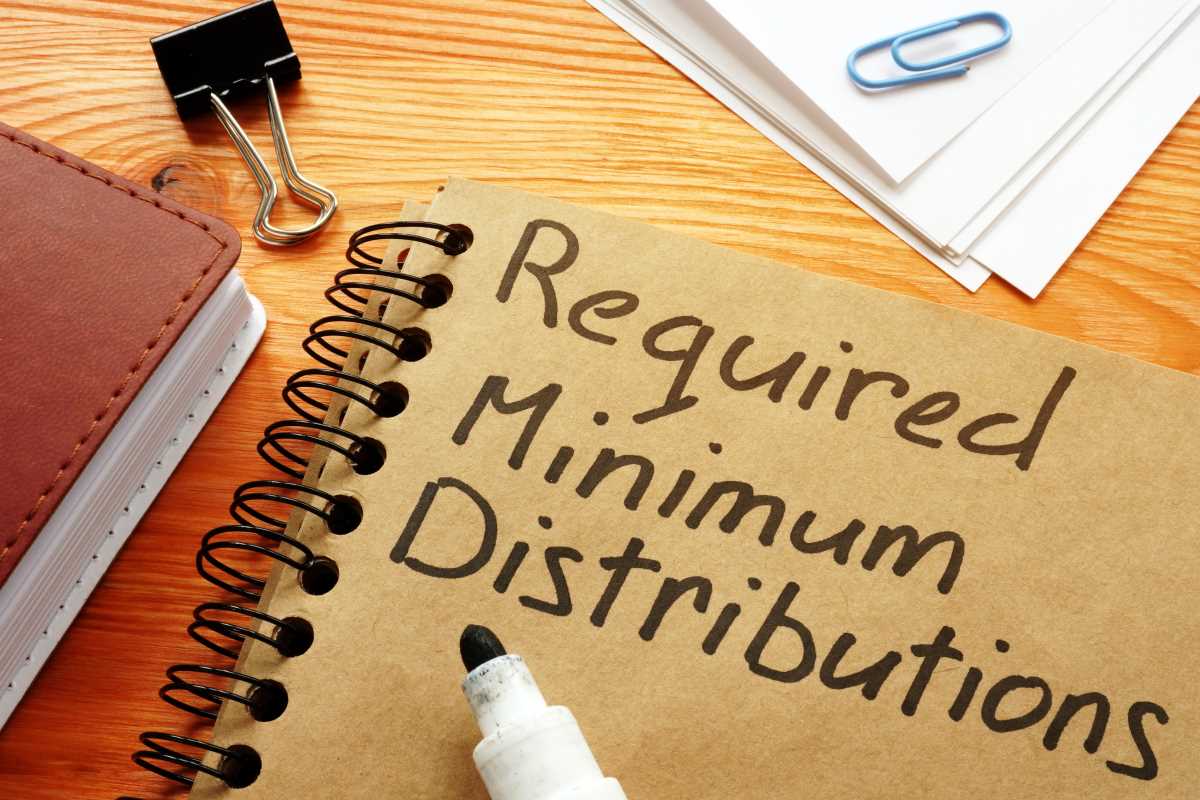When you get a paycheck, you might notice a deduction for something called FICA taxes. It might seem like just another tax, but you are actually contributing to one of the most important social programs in the United States: Social Security. For millions of Americans, Social Security is the foundation of their retirement plan, providing a steady stream of income to help cover living expenses. It’s not just a government program; it’s a promise between generations. Understanding how it works is not just for people nearing retirement—it’s crucial for everyone. Knowing the rules can help you make smart decisions throughout your career that will maximize the benefits you eventually receive.
What is Social Security and How Does It Work?
Social Security is a federal program that provides a safety net for millions of Americans. While it's best known for its retirement benefits, it also provides disability and survivor benefits. The system works like a large-scale circulation plan. Today's workers pay Social Security taxes into the system, and that money is used to pay benefits to people who are currently retired, disabled, or are the surviving family members of workers who have passed away. When you eventually retire, the next generation of workers will be paying into the system, which will then fund your benefits. It's a continuous cycle that has been in place since the 1930s.
Who is Eligible for Retirement Benefits?
To qualify for Social Security retirement benefits, you need to work and pay FICA taxes for a certain amount of time. Your work history is measured in "credits." You can earn up to four credits each year, and in most cases, you need to accumulate 40 credits throughout your career to be eligible for benefits. This means you generally need to have worked for at least 10 years to qualify. The amount of earnings needed for one credit changes slightly each year, but most people who work consistently have no trouble earning their 40 credits long before they are ready to retire.
How Your Benefits Are Calculated
The amount of money you receive from Social Security each month is not a random number; it's based on a specific formula. The Social Security Administration looks at your lifetime earnings history, specifically your 35 highest-earning years. They adjust your past earnings for inflation to put them in today's dollars, calculate your average indexed monthly earnings, and then apply a progressive formula to determine your primary insurance amount, or PIA. This PIA is the benefit you would receive if you start claiming at your full retirement age. In simple terms, the more you earn over your career, the higher your monthly benefit will be.
When Can You Start Claiming?
You have a window of time during which you can start receiving your Social Security benefits. The earliest you can claim is age 62. However, if you start that early, your monthly benefit will be permanently reduced. Your "full retirement age" is the age at which you are entitled to 100% of your calculated benefit. This age varies depending on the year you were born but is currently between 66 and 67 for most people. If you choose to delay claiming benefits past your full retirement age, you get a bonus. Your benefit will increase by a certain percentage for every month you wait, up until age 70. This can result in a significantly larger check for the rest of your life.
The Impact of Working While Receiving Benefits
Many people choose to work part-time after they start collecting Social Security. If you are under your full retirement age, there is a limit on how much you can earn before your benefits are temporarily reduced. If you earn over the annual limit, the Social Security Administration will withhold a portion of your benefits. The good news is that this money isn't lost forever. Once you reach your full retirement age, your benefit will be recalculated to give you credit for the months your benefits were withheld. After you reach your full retirement age, you can earn as much as you want without any reduction in your benefits.
A Simple Plan to Maximize Your Benefits
Maximizing your Social Security benefits comes down to a few key strategies. First, try to work for at least 35 years. The benefit formula uses your top 35 earning years, so if you have fewer than 35, zeros will be averaged in, which will lower your benefit amount. Second, try to increase your income throughout your career, as higher earnings lead to a higher benefit. Finally, carefully consider when to start claiming. While claiming early at 62 might be tempting, waiting until your full retirement age or even age 70, if you can afford to, will result in a much larger monthly payment for the rest of your life. It's a personal decision that depends on your health, financial needs, and longevity expectations.
 (Image via
(Image via





